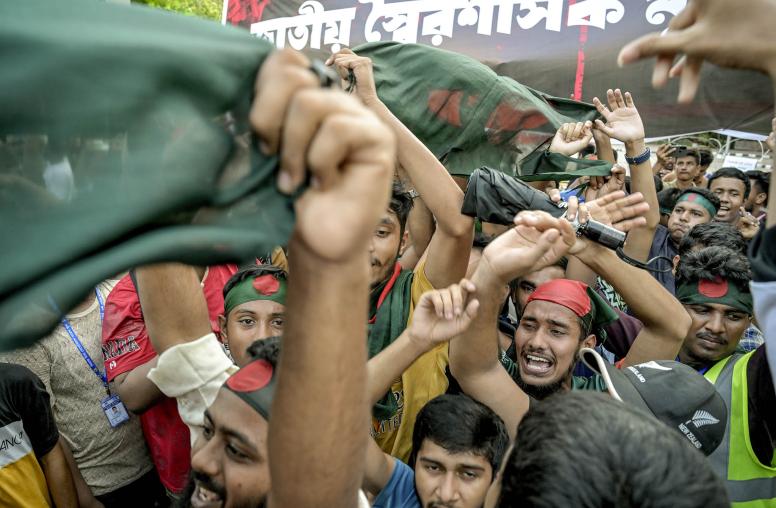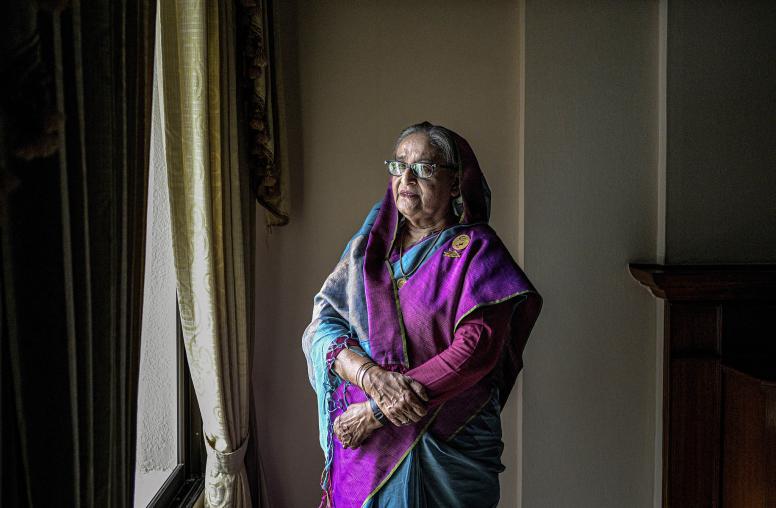In August 2017, Myanmar’s military drove around 750,000 Rohingya Muslims into Bangladesh. The Bangladeshi government and citizens responded generously, providing food, shelter and other forms of assistance. But a USIP survey shows that Bangladeshis' views on the situation have markedly changed in the last five years, with many supporting less assistance and harsher policies toward the Rohingya. USIP’s Geoffrey Macdonald, who is also a senior advisor for Asia at the International Republican Institute, discusses why Bangladeshi views have evolved, what conflict dynamics inside and outside of refugee camps look like, and what policymakers should do to help address the situation.



